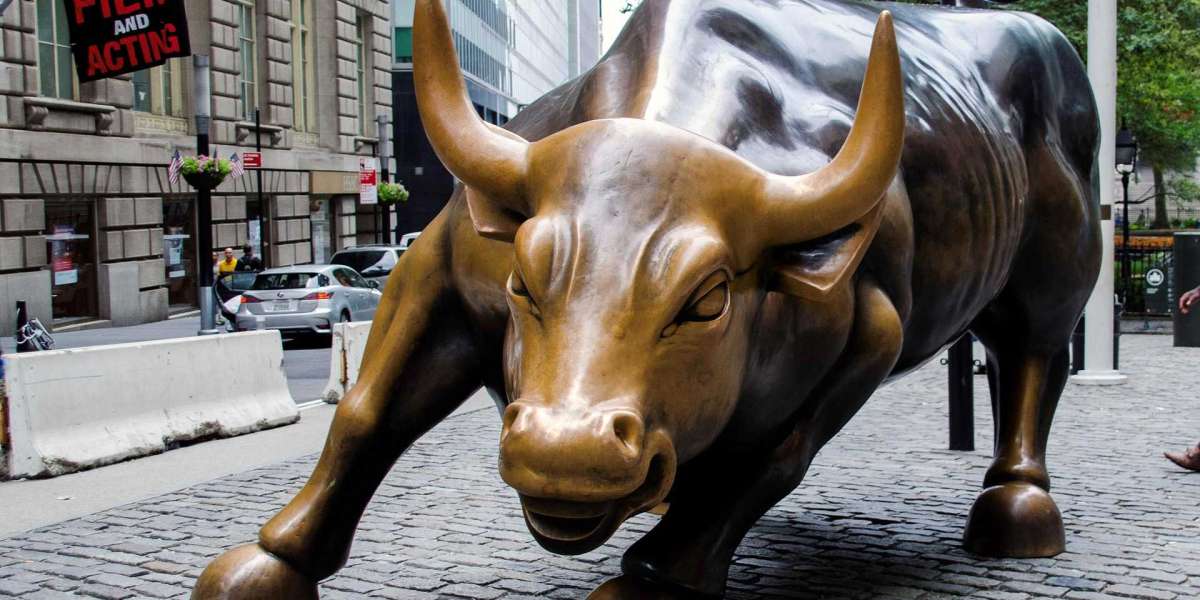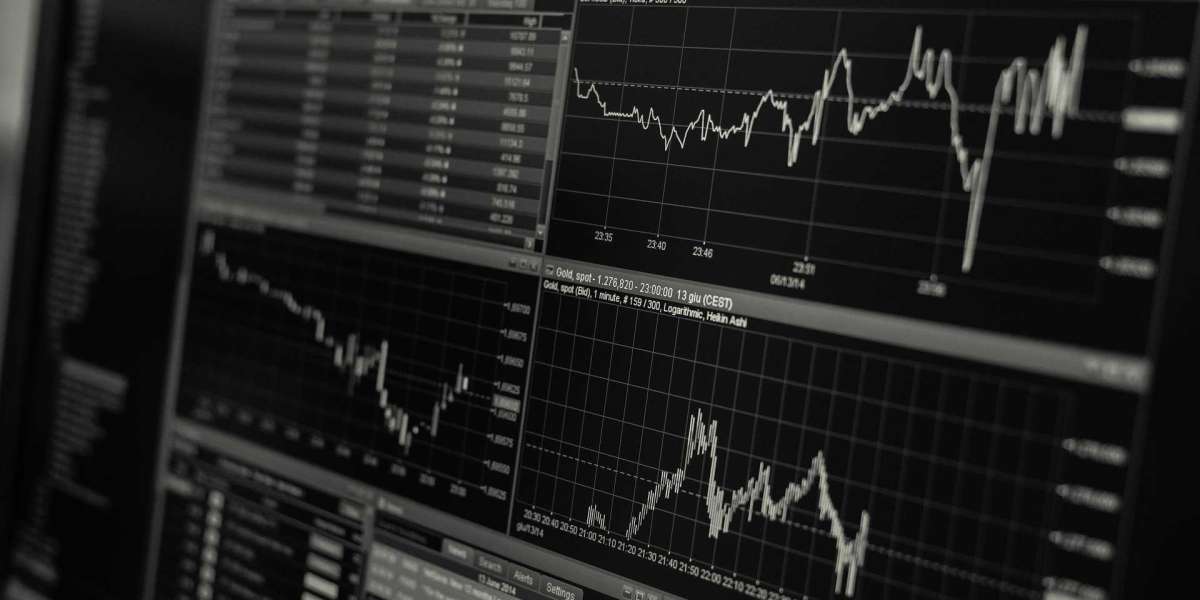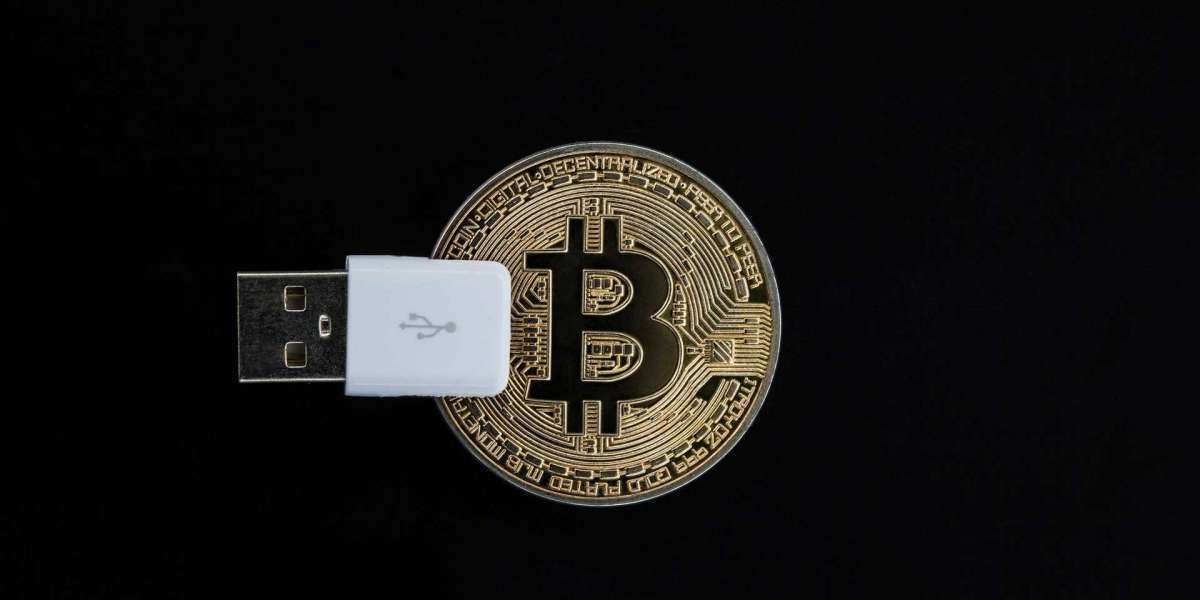The Bear Stearns buy out by JPMorgan in March was a harbinger of deeper trouble on Wall Street. Major financial companies have suffered serious drops in their assets and stock prices that reflect a change in investor psychology. The big question is whether this change is long term or temporary.
The bond market is hoping that the psychological change in attitude toward Wall street is temporary. These hopes are based on the lessening gap on March 17 (the day after the Bear $2 per share buy out deal was solidified between the Federal Reserve, JPMorgan, and Bear Sterns) between high safety United States bonds and mortgage backed Fannie Mae bonds, indicating a psychological attitude on the part of bond investors that mortgage risk was returning to normal in the continuing wake of the subprime fiasco. But with financial market stocks dropping in value, the housing industry still in trouble, and home owners fearing further foreclosures, this seeming confidence could prove to be just one moment in time, instead of a demonstration of healthy investor psychology.
It is interesting to note that Japanese financial companies have been showing gains in value while in the U.S. the giants are crumbling. Citigroup was the country's number one financial institution but has been at third place due to losses from the subprime disaster. On March 18 Wells Fargo even bumped Citigroup out of third place and down to fourth. At the time Bank America and JPMorgan were the highest valued financial companies in the States, with market values at $158.5 billion and $124.1 billion, respectively. For comparisons sake, in 2006 Bank America and Citigroup were both valued at more than $230 billion.
The Federal Reserve Board knows, and investors know, that recessions are a periodic occurrence. The real problem worrying the Fed is the overall health of our financial institutions, which are the pillars of our financial markets. In an effort to stabilize that health, the Fed took some very serious steps in mid-March in reaction to the Bear Stearns near catastrophe. For one thing, the Fed facilitated the purchase of a mortgage bank (Bear) by a commercial bank (JPMorgan) and at terms that bypass the risk away from JPMorgan to the Federal Reserve itself. Secondly, two days before a scheduled meeting, with a discussion of interest rates on the agenda, the Fed cut the discount rate making money lent to banks easier and cheaper to get.
Thirdly, at the Fed's scheduled meeting the prime rate was aggressively cut by 3/4s of a point taking it down from 3% to 2.25%. Even though this was considered aggressive corrective action to prevent the collapse of the financial markets, Wall Street had been expecting a whole point cut. This disappointment may have added to the unstable psychological attitude of investors, although the 3/4 point cut eventually inspired trading, which ended on an uptick with many financial stocks moving up in value like Citigroup, which rose by 15% to $19.72 per share.
Fourthly, and this is the most significant, the Fed reinstated the policy of lending money directly to securities companies which sell stocks and bonds. This policy has not been used since the era of the Great Depression in the 1930s (the market crashed in 1929). Clearly, the Fed thinks that the health of our financial institutions is in jeopardy and serious measures need to be taken to avert a collapse.
The Fed has eased money to existing markets (banks) and released new money to new markets (the securities companies). These actions have the potential to relieve some of the market's and economy's woes but only as these institutions turn the money around and put it into circulation to consumers. Another thing is very clear from the Fed's actions: The Fed puts the task of staving off financial market collapse ahead of impending troubles from recession. Can actions taken by the Federal Reserve improve investor's psychological attitude toward Wall Street?
References and Further Reading
http://www.reuters.com/article/newsOne/idUSN1762124220080318
http://www.reuters.com/article/hotStocksNews/idUSN1760120320080317
Search
Popular Posts








